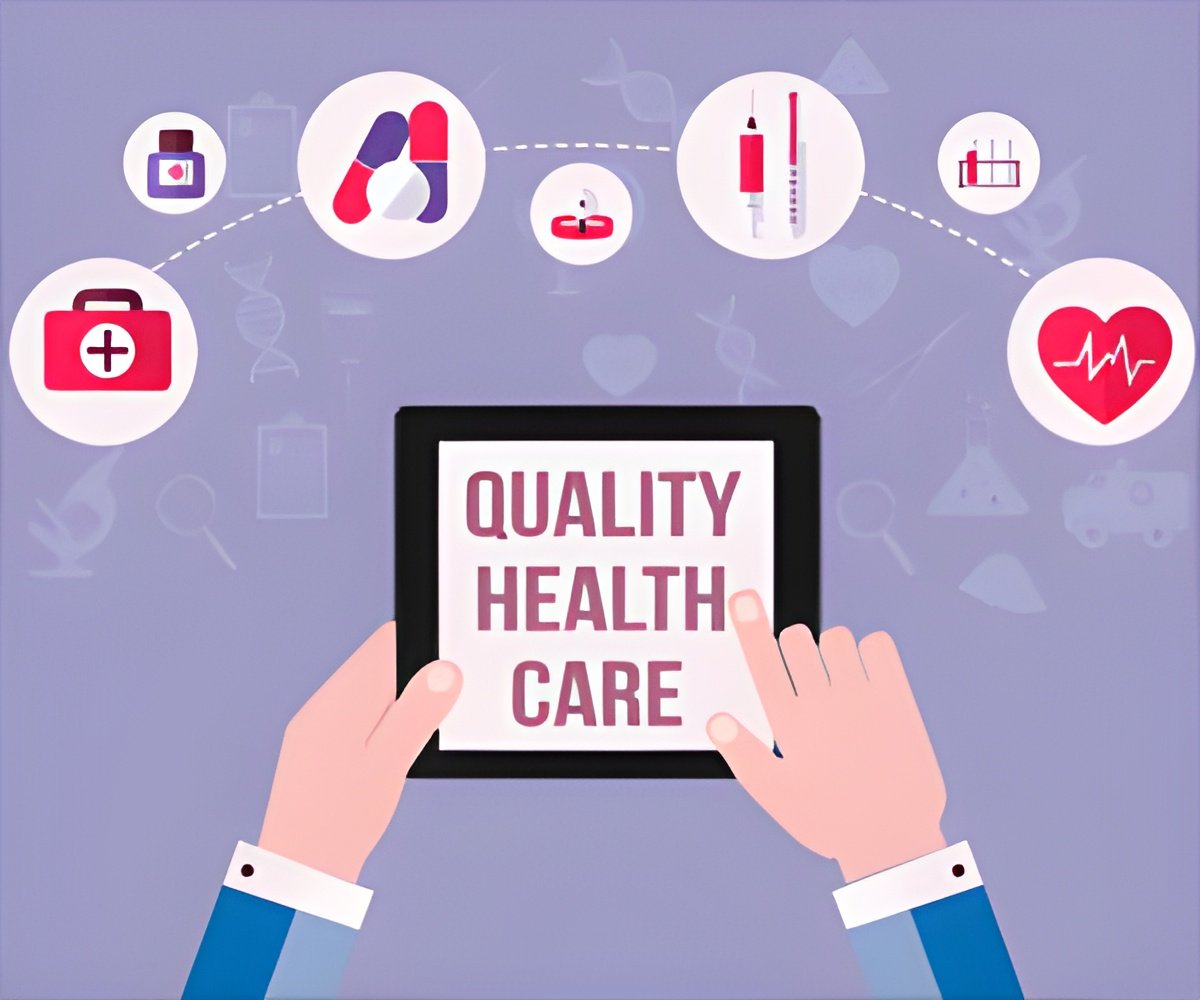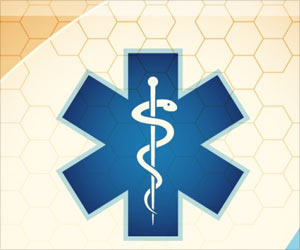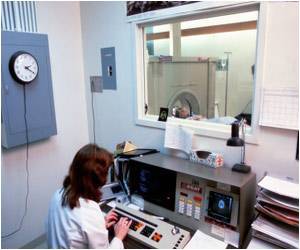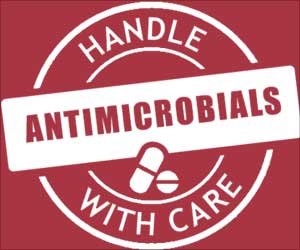There is a need to focus on human resources and standards and hence, accreditation is essential to build confidence and uniformity in the healthcare system.

The summit-cum seminar was organized by FICCI in association with the Ministry of Commerce and Industry and the Services Export Promotion Council (SEPC). Teaotia said that there was a need to focus on human resources and standards hence, accreditation was essential to build confidence and uniformity in the system. She added that the government was open to all forms of accreditation and urged the hospitals and labs to put up their accreditation in the public domain.
On the occasion, a white paper titled 'Advantage India: Healthcare Starts Here' was released by the dignitaries. B P Sharma, Health and Family Welfare Secretary, said that the government recognizes the need to strengthen the regulatory framework of healthcare sector. Hence, reforms in the existing medical legislations and new legislation would be introduced soon for allied health services, which were emerging at a rapid pace.
Also, the much awaited amendment in the Drugs and Cosmetics Act will bring clarity on medical devices. Risk-based assessment for medical devices would be introduced to spur the growth of clinical trials. Sharma said that the healthcare sector could witness a growth like India's IT and ITes sector, given that the country offers an entire spectrum of healthcare and boasts of hi-end technology and well qualified doctors. He added that there was a need to promote accreditation of hospitals and labs and look for avenues of funding to further enhance the sector's growth prospects. Tourism Secretary Vinod Zutshi said that the new proposed Tourism Policy 2015 lays emphasis on medical tourism and would allow the sector to grow.
Also, the National Medical and Wellness Tourism Promotion Board would help in promoting the sector and also become an engine of growth for Indian economy and generate employment opportunities. Zutshi said that India is positioned eighth in the world in foreign tourist arrivals for medical treatment and hosts about 1.27 million medical tourists from the UK, USA, and Canada and other neighboring countries and is a source of generating foreign exchange. The Indian medical value travel industry is expected to grow at a rate of 18 percent till 2019, which would require healthcare and tourism sectors to work aggressively in tandem.
Sudhanshu Pandey, Joint Secretary in the Commerce Ministry, said that medical tourism had so far grown on its own and now the government had recognized the need to synergies various sectors with policy interventions to bring out a coherent framework for healthcare sector players and seekers. India is known for its innovative health solutions and other nations could learn from the experience.
Advertisement
She added that the coming together of medical industry with tourism would enhance revenue generation and also build long lasting relationship with countries and showcase India as a healthcare hub. Bhavdeep Singh, CEO, Fortis Healthcare, said that India's healthcare had been great which witnessed very exciting initiatives in the space in the last decade. The sector today possesses the best doctors, state of the art medial technology and infrastructure and had great value proposition.
Advertisement
Dr. Azad Moopen, Chairman and Managing Director, Aster DM Healthcare, said that reasonable healthcare cost in the state-of-the art hospitals and medical technologies guarantee huge savings for foreign travelers. While developed countries like USA demand high costs for surgeries of the heart and bones, coming to India for the same treatment at 50% less cost and getting an extended tourist stay during recovery becomes a big driver of medical tourism. He added that there was a need to improve accreditation of hospitals and labs to build confidence and remain comparable with world medical parameters.
Vivek Nair, Vice Chairman, SEPC and Chairman & MD, Hotel Leelaventure, said that healthcare and tourism go hand in hand and synergies needed to be created among the relevant industries for leveraging the benefits of the fast growing medical value travel. He added that besides allopathy, Ayurveda and other wellness treatments are finding favor with people.
Dr. Narottam Puri, Adviser, FICCI Health Services; Board Member and Ex-Chairman, NABH and Advisor-Medical, Fortis Healthcare Ltd., said that the summit had provided a platform to both public and private sectors to come together and forge partnerships in the healthcare arena. With the presence of representatives from 65 participating countries, the summit would allow for deliberations on emerging issues of the sector and also recommend the way forward.
Source-ANI












